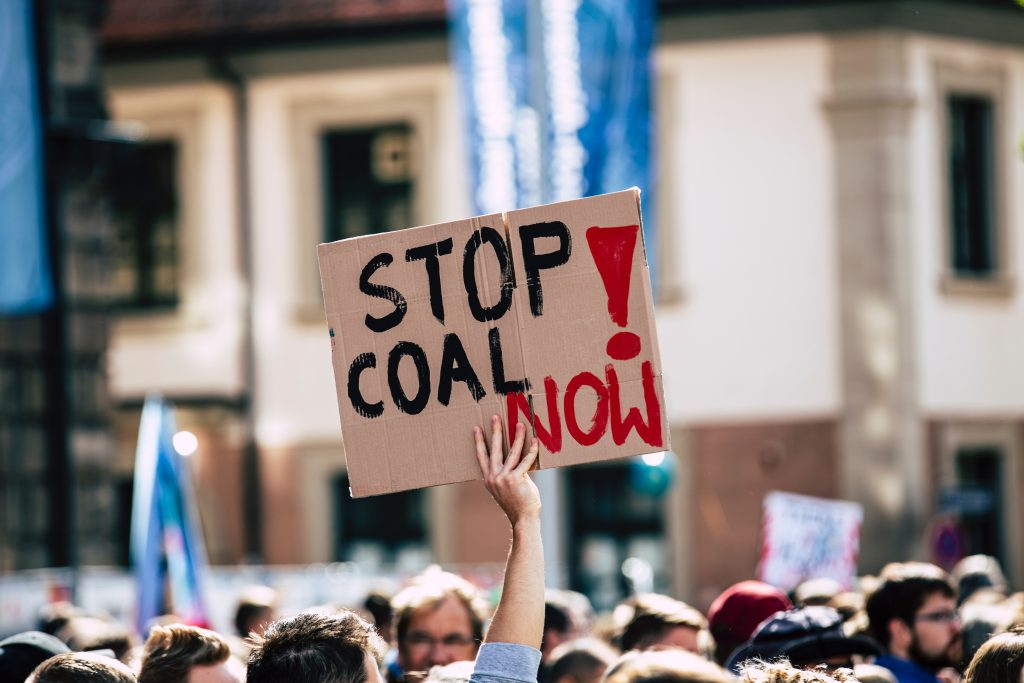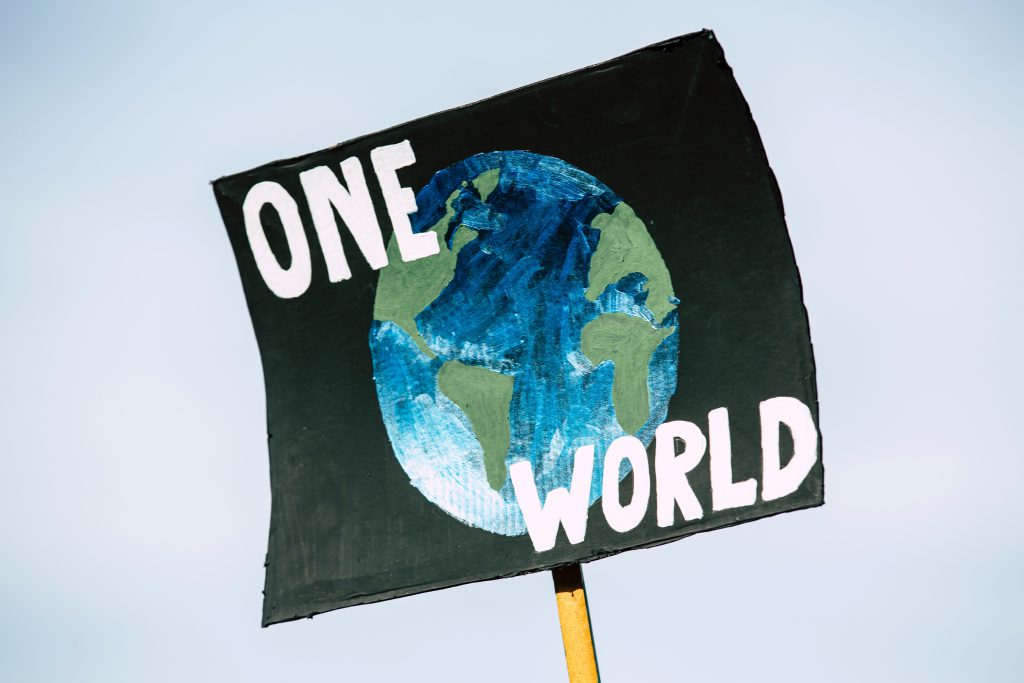In 1992, the United Nations Framework Convention on Climate Change instituted a treaty to address the human influence on Earth’s climate systems. The treaty came into force two years later and the first Conference of Parties (COP1) was held in Berlin, in 1995. Fast forward nearly three decades and the UNFCCC has just wrapped up COP27 in Sharm el-Sheikh, Egypt.
The 27 years in between the first and most recent COP have been significant and frustrating. The world has gone from active denial of the human role in climate change, to fearful acceptance, but the unwillingness to take radical political action in the face of this existential crisis remains the same.
Even as Pakistan suffered a life-altering flood season in 2022, international political delegates at COP27 seemed keenly focused on ignoring the root cause of the issue, i.e. greenhouse gas emissions, and instead placated the affectees with the promise of a Loss and Damage Fund – a significant but frustrating win, as there seem to be no decisive mechanisms to fill and manage this Fund, yet.
However, hope still prevails as the International Energy Agency reports that by 2025, the share of renewable energy in electricity production will be greater than coal. Earlier in 2022, the Biden administration introduced the Inflation Reduction Act which in essence supports renewable energy projects and is expected to lower costs of clean energy.

So, the question has changed from “can we do this?” to “how fast can we do this?” Time is crucial. In many ways, climate change impacts are not gradual, they are exponential. For instance, an extreme heat event that used to happen once every 10 years in 1900, is now around three times more likely to occur. If the world manages to contain global warming at 2°C above pre-industrial levels, the same heatwave will be 5.6 times more likely to occur. And if we allow global warming to reach levels of 4°C, that same heatwave will be 9.4 times more likely to occur – which means that the human race would be lucky to have one year every decade without a heatwave.
Therefore, our current level of progress is wonderful, but not nearly fast enough. Developing countries like Pakistan face the brunt of the crisis, in part due to geography and in part due to governance and infrastructure. Extreme weather events are not only going to increase in frequency but also in intensity, and countries like Pakistan are criminally unprepared.
In a situation like this, an ethical debate arises on the fact that at COP27, fossil fuel lobbyists exceeded the total number of delegates from the top ten most affected countries by climate change, including Pakistan. At COP26, the largest delegation, out of any country or corporation, was the fossil fuel delegation. Next year, COP28 will be held in the United Arab Emirates, 30% of whose GDP is (directly) based on fossil fuels.

Having more seats at the table for fossil fuel lobbyists than for the actual affectees of the climate crisis raises many questions, but primarily instils mistrust in integrity of the entire diplomatic process. Even as Pakistan participates in these global conferences, it is crucial for all parties to understand that unless the tap is turned off, the water will keep overflowing. Facilitating a just transition is a necessity and a responsibility for the powers that be. The climate crisis is no less than a war in terms of its casualties. Innocent people are stripped of their lands, lives and livelihoods because of the criminal negligence of both the global polluters and the local actors in preparedness.
Pakistan and other impacted countries cannot wait for the next disaster to strike to showcase their losses to the global community. Their losses are continuous, direct and indirect, traumatic and never-ending. A Loss and Damage Fund is necessary, but it cannot be bottomless. Conferences of Parties are essential, but they cannot be biased. The global fossil fuel dependency is a reality, but it cannot remain as such if we are to move towards a just and equitable future.
The author is working as AD Sustainability at Research Directorate, National University of Sciences and Technology (NUST). She can be reached at ad.sustainability@nust.edu.pk.

![]()





